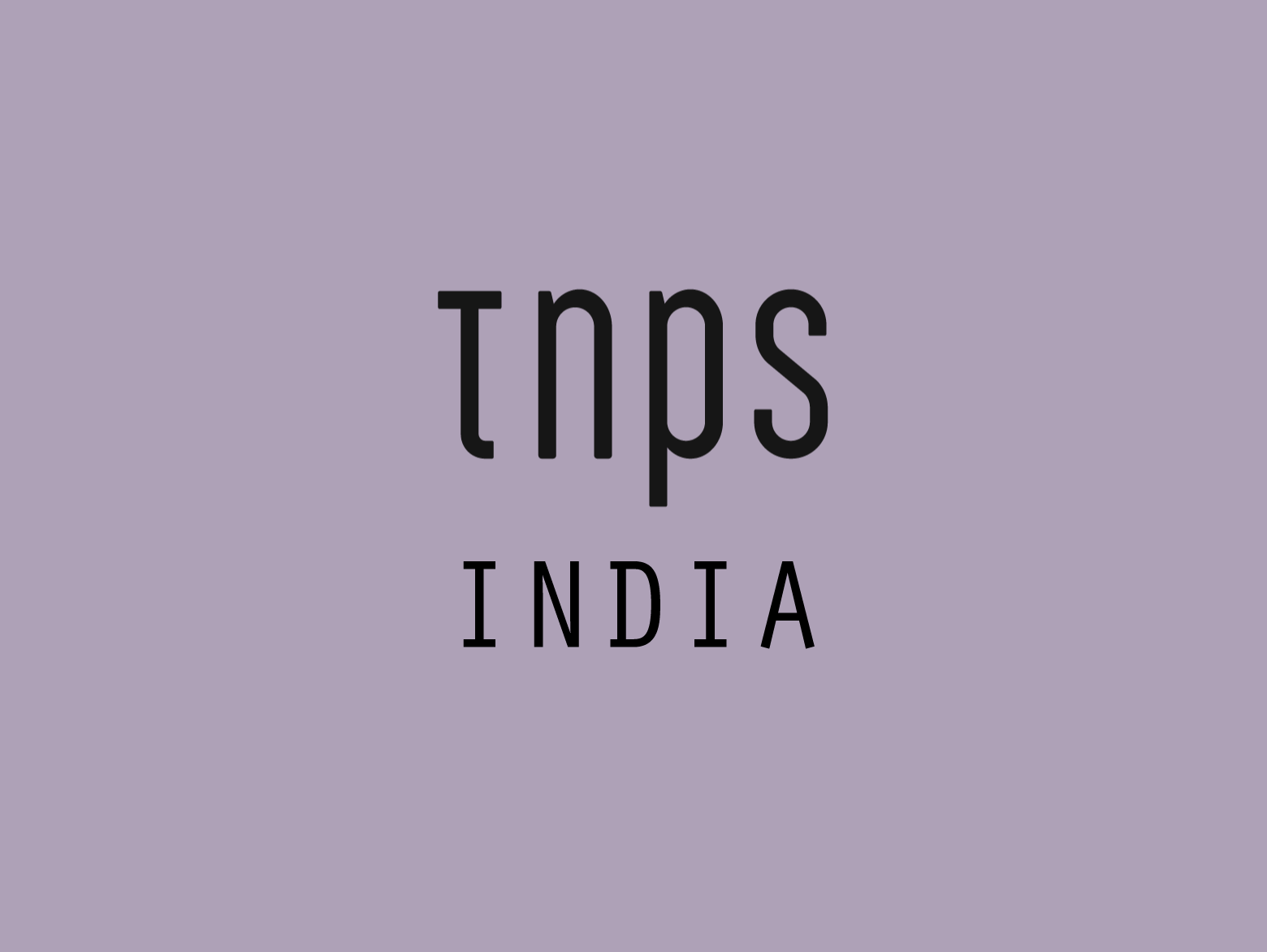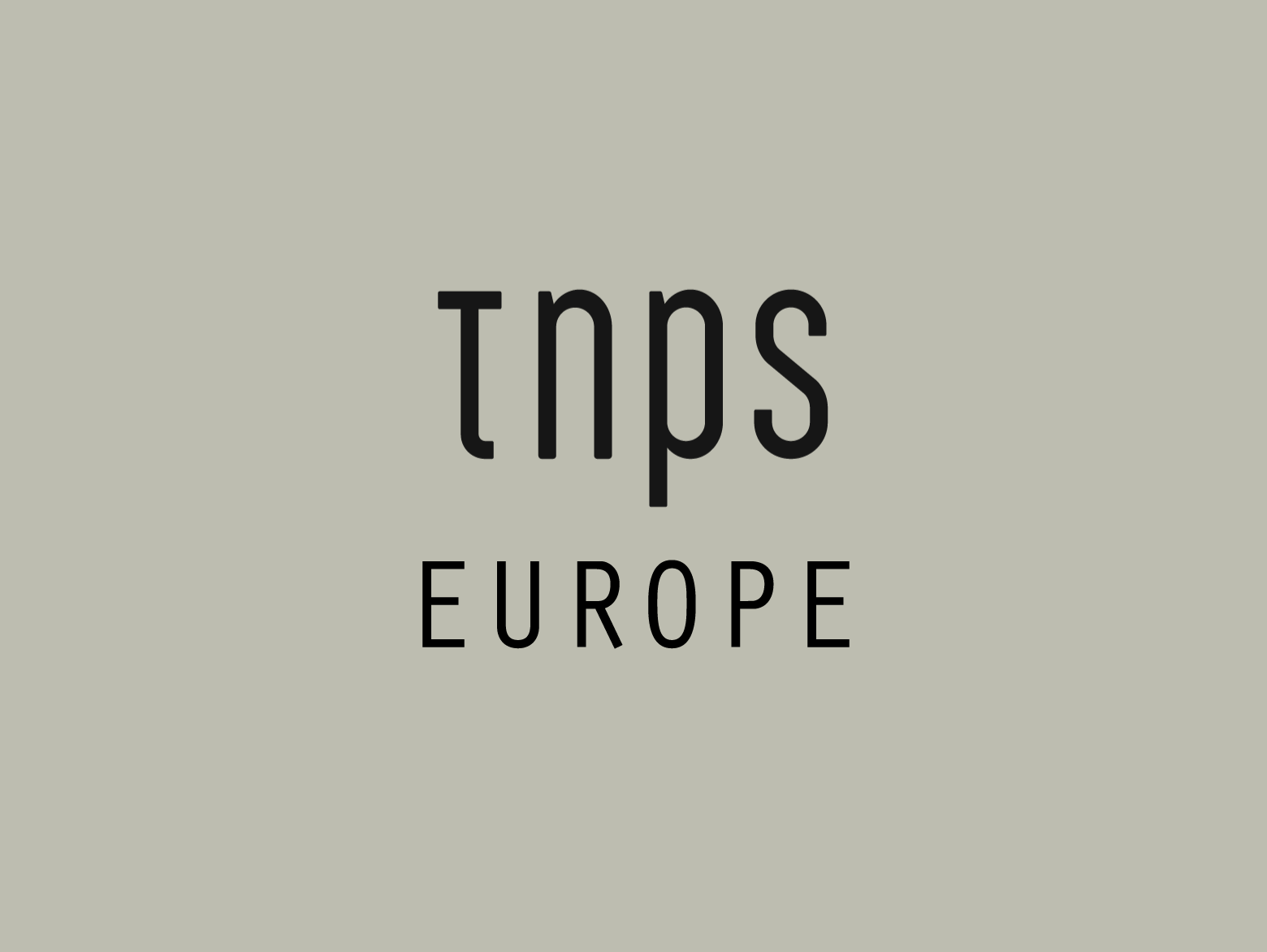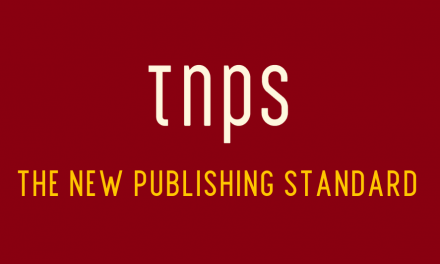“For us the journey has just begun,” says Bloomsbury India’s Managing Director Rajiv Beri, as the New Delhi offices of the British publishing group celebrated its first five years.
“We are confident of achieving sales of a million units this year,” Beri told Sunday Guardian Live.
That might raise an eyebrow or too. Only a million sales, in the land of 1.2 billion people, the sixth largest book market in the world, with the Harry Potter catalogue and countless other big names on board?
We’ll come back to that. First let’s acknowledge what is a remarkable achievement.
 Bloomsbury India launched in September 2012 with a team of four, and now fields forty. In 2016 Bloomsbury India saw a 50% increase in market share compared to 2015. Not bad going in a crowded marketplace in a country where publishing faces problems of low literacy, myriad languages (over twenty official languages) and huge distribution problems, both for print and digital.
Bloomsbury India launched in September 2012 with a team of four, and now fields forty. In 2016 Bloomsbury India saw a 50% increase in market share compared to 2015. Not bad going in a crowded marketplace in a country where publishing faces problems of low literacy, myriad languages (over twenty official languages) and huge distribution problems, both for print and digital.
Not to mention the ‘A’ word.
Amazon is in India in a big way, and while it may not be shaking the tree like it did in the US and UK publishing sectors, there are indications publishing will be central to Amazon’s India strategy.
As well as the Amazon online store selling print books and the Kindle store selling ebooks and offering the Kindle Unlimited subscription service, Amazon also has a foothold in publishing, and not just with its respected A-Pub imprints.
In February 2016 Amazon snapped up 26% of Tata Group’s Westland publishing operation and in October it acquired the rest of the company. It’s a long-term investment.
Indian publishing is not, at this stage, as lucrative as one might expect. Books are cheap, reflecting low buying power, and therefore profits are low. Print distribution is a major hurdle outside of the biggest cities, and digital – ebooks and audio-books – is still in its infancy.
But the opportunities to scale up are huge, and in the Westland buyout Amazon clearly has its eye on the bigger picture.
Should publishers in India be worried?
No more so than elsewhere. Amazon is still the same double-edged sword publishers must deal with. But in India publishers have the advantage of (hopefully) learning from the mistakes made in other countries and developing a more constructive relationship with Amazon.
Ebooks are still small beer in India and print is king, with most trade sales happening in bricks & mortar stores in big cities, and mostly in the English language. Non-trade sectors like education are the backbone of most Indian publishers’ endeavours.
That will change, and Indian publishers have the chance to steer those changes, for better or worse.
India’s e-commerce giant Flipkart may be out of the ebook business but it still sells print online. Amazon sells print online, of course, but so do myriad other e-commerce sites.
The Kindle India store is still in its infancy and there are other ebook players that can be nurtured by publishers, if they are willing. Google Play and Kobo are there, and the key domestic players Dailyhunt and Rockstand are well-established and particularly strong with local language digital content, something Amazon has yet to fully grasp.
In fact, local languages are Amazon’s biggest challenge right now, with a site that needs a knowledge of the English-language and Roman alphabet to make any sense of. That reflects Amazon’s current focus on the Anglophone middle class consumer base, but the future lies with a more constructive engagement across India’s many languages.
The Kindle store has recently began opening up to a handful of local languages, but the aforementioned issue of site-navigation remains. If you only speak and read Hindi you are unlikely to go to the English-language Amazon site to look for a Hindi-language book.
Amazon is investing heavily in local-language audio and video (see future posts) but it seems, right now, that local-language books are a secondary consideration for Jeff Bezos. But don’t bank on that remaining so for long.
And while it may seem implausible right now to envisage Amazon opening bricks & mortar bookstores in downtown Mumbai or New Delhi any time soon, we should be open to the possibility Amazon might choose to compliment its Westland buyout by acquiring an existing chain of bricks & mortar bookstores in India.
Plenty of excitement and surprises still to come from the Indian publishing scene. As I’ll explore further in future posts, I regard India as one of the most exciting publishing prospects on the planet right now.





